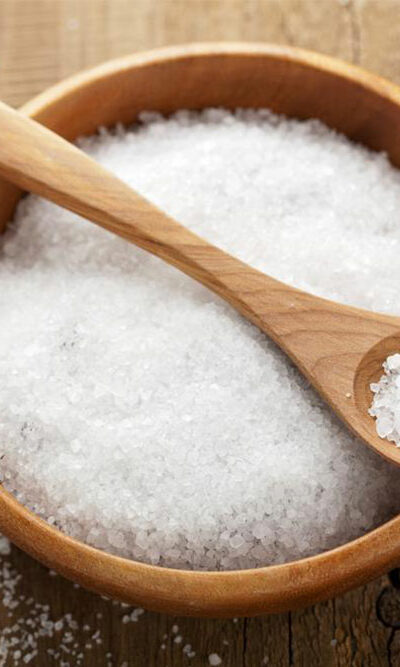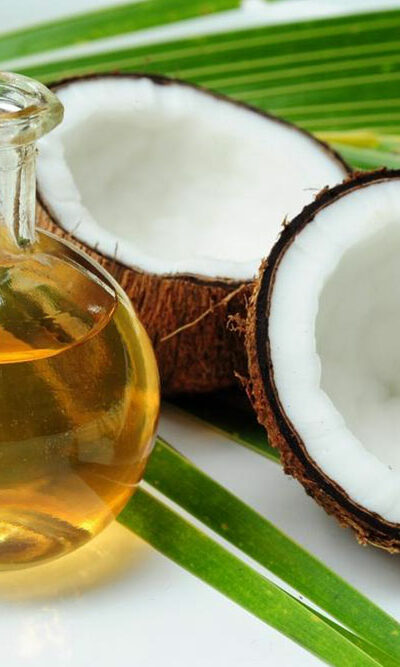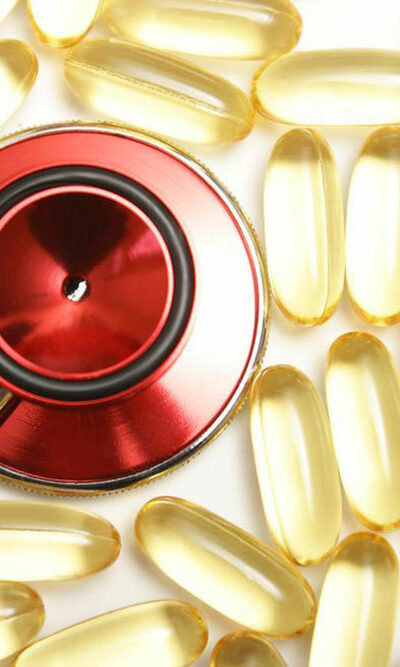
Managing type 2 diabetes with medication
Managing type 2 diabetes with medication Type 2 diabetes is a chronic condition that affects the way the body produces insulin. It is the most common type of diabetes and there are about 27 million people in the country that suffer from this disease. In this condition, the body’s cells are unable to respond to the insulin produced. While this is a lifelong disease, it is possible to manage this condition with the help of the right diet, exercise, and prescriptions by your doctor. Ensure that you are aware of the symptoms and take immediate help if they last for too long. Symptoms to be aware of: Frequent urination Tingling or numbness in your hands and feet Non-healing wounds Yeast infections Blurry vision What causes type 2 diabetes? Not just one, but usually a combination of things causes this condition. Genes Your DNA determines how your body will make insulin, and hence some people would genetically be at the risk of developing this condition. Obesity Being overweight can cause insulin resistance, and hence it is important for everyone to keep a check on their diet and exercise. Glucose production The liver makes and sends out glucose when there is not enough in the body. But for some people, this secretion is unstoppable resulting in excess glucose in the body. Metabolic syndrome People who have conditions like high blood glucose, extra fat around the waist, high blood pressure, triglycerides, and high cholesterol are more likely to be affected with type 2 diabetes. Some medications that you can research more about are: SymlinPen Its common name being Pramlintide, it is used with mealtime insulin, along with a proper diet and exercise program that helps control high blood sugar level in people who are suffering from type 1 and 2 diabetes. Patients who are already using insulin take this medication to control their blood sugar.










